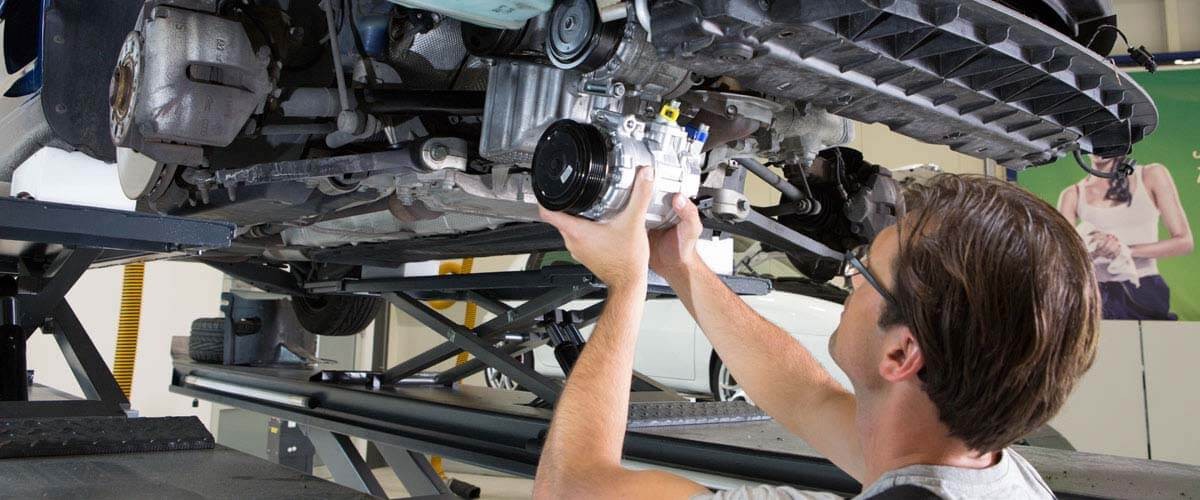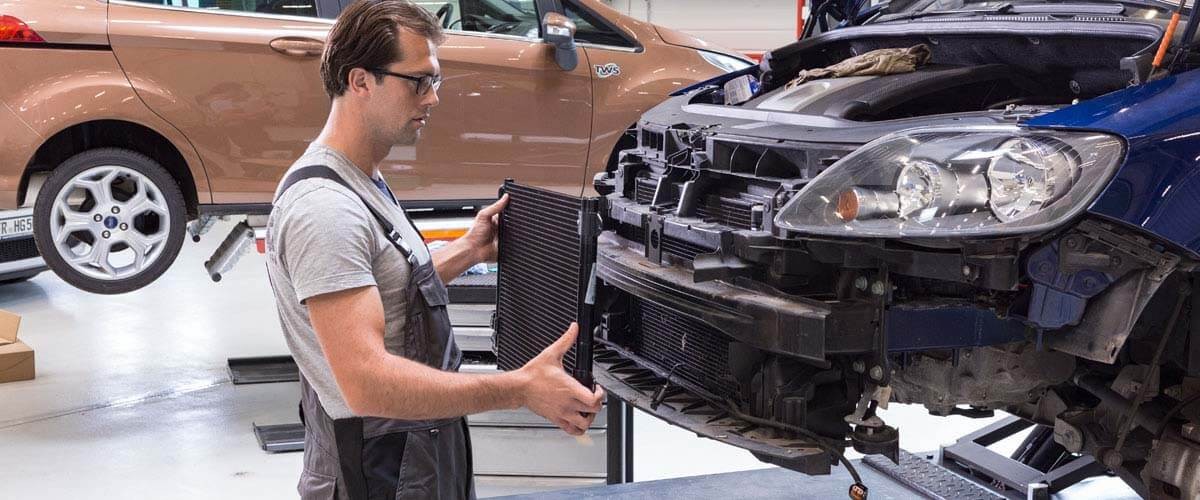Leaks: If the intercooler develops cracks or leaks, it can no longer effectively cool the compressed air. Leaks allow air to escape, reducing the intercooler’s efficiency and leading to poor engine performance. If leaks are detected, replacing the intercooler is necessary.
Clogging or Blockages: Over time, dirt, oil, or other contaminants can clog the internal passages of the intercooler, limiting airflow and its ability to cool the compressed air properly. If the intercooler becomes blocked and cannot be cleaned or repaired, it should be replaced.
Reduced Cooling Efficiency: If the intercooler fails to cool the air effectively, it can lead to engine overheating, reduced engine performance, and even engine knocking. This can be due to internal damage or degradation of the intercooler over time, making replacement necessary to restore performance.
Physical Damage: Impact damage (from road debris, accidents, or other external factors) can cause significant damage to the intercooler’s fins or tubes. This can severely impair its cooling capabilities, requiring a replacement.
Corrosion or Rust: If the intercooler is made of materials susceptible to rust or corrosion (such as certain metals), over time, it can deteriorate, leading to reduced efficiency or failure. Corrosion can occur from exposure to moisture or contaminants, and a corroded intercooler should be replaced.
Engine Performance Issues: If you notice a drop in engine performance, reduced power, or poor fuel efficiency, it could be a sign that the intercooler is not functioning properly. In such cases, a thorough inspection is needed to determine if a replacement is necessary.
Age and Wear: Like other engine components, intercoolers can wear out over time, especially in high-performance or heavily used vehicles. After many years or miles of service, the intercooler may lose its effectiveness and require replacement.





